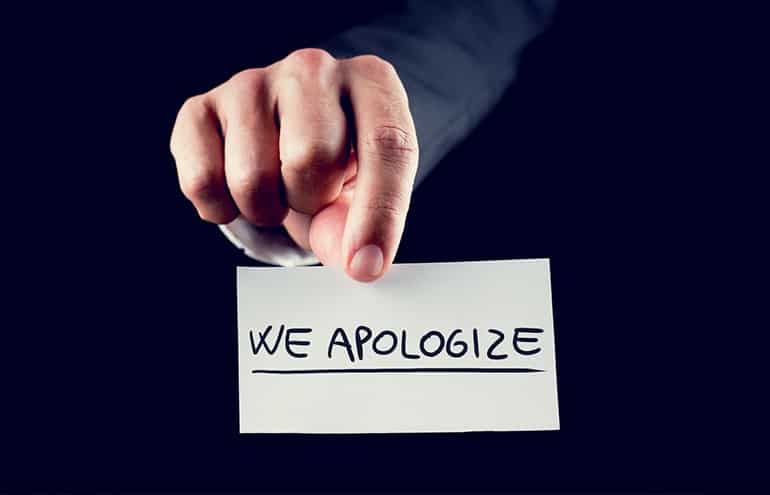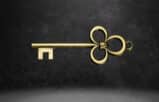Here are 10 good tips to apply once you are ready to admit your mistakes.
It was my worst nightmare as a young lawyer.
I had spent hours and hours cite-checking a brief, only to have a more senior colleague say, “Shari, these citations are all wrong. What could you have been thinking? This is not the quality of work we expect from lawyers at the [redacted] firm.”
Attitude Adjustment
My colleague’s words reflect an attitude that runs through the legal profession as a whole: Denial. Good lawyers always deliver perfectly for their clients, and they do not make mistakes, the thinking goes. But lawyers (and paralegals and assistants) are human, and mistakes will inevitably happen. By changing our attitude toward mistakes, research tells us we can improve our work, enhance our relationships with clients, and even reduce exposure to ethics violations or malpractice claims. How?
- People who give themselves permission to make mistakes actually make fewer of them.
- A culture where errors are not tolerated does not reduce errors, it just makes people more likely to try to cover up their errors to avoid punishment.
- With respect to client relationships, people actually think more highly of those who admit mistakes because it is a sign of openness, healthy self-esteem, and willingness to trust the person they are admitting the mistake too.
- The seminal ethics opinion on the subject of attorney errors states that “material” errors prejudicing a client’s rights or claims must be disclosed. By pretending mistakes don’t happen, we reduce the opportunity to address them before they become “material.”
Admit Your Mistakes: Top 10 Ways to Deal
Ready to admit that you have been mistaken about mistakes? Here are the 10 things you can do to embrace them.
- Admit that you and others will make mistakes.
- Give yourself enough time to learn something new.
- Ask for help if you get stuck or don’t know how to do something.
- Make a list of your errors as they occur and put systems in place to address the most common ones.
- Schedule enough time for someone else to review your work. If there isn’t enough time, focus on avoiding substantive errors, and let go of the possibility of minor administrative errors.
- Communicate about errors with your client, colleague or the court promptly and appropriately.
- Apologize.
- Share your mistakes and how you addressed them, and encourage others to share their mistakes with you.
- When training new lawyers, set the expectation that they will make mistakes and that your only requirements are that they admit them, learn from them, and share them with others.
- Forgive yourself and others. This too shall pass.
My story has a bit of a dramatic ending. A few years after citation-gate, I was diagnosed with dyslexia. This forced me to change the way I thought about my mistakes. I had no choice but to accept my limitations and put systems in place to reduce the inevitable numerical errors I make. Now, when something goes wrong, it doesn’t derail me. I address it, put the mistake on my list, forgive myself, and get back to work.
Illustration ©iStockPhoto.com






















